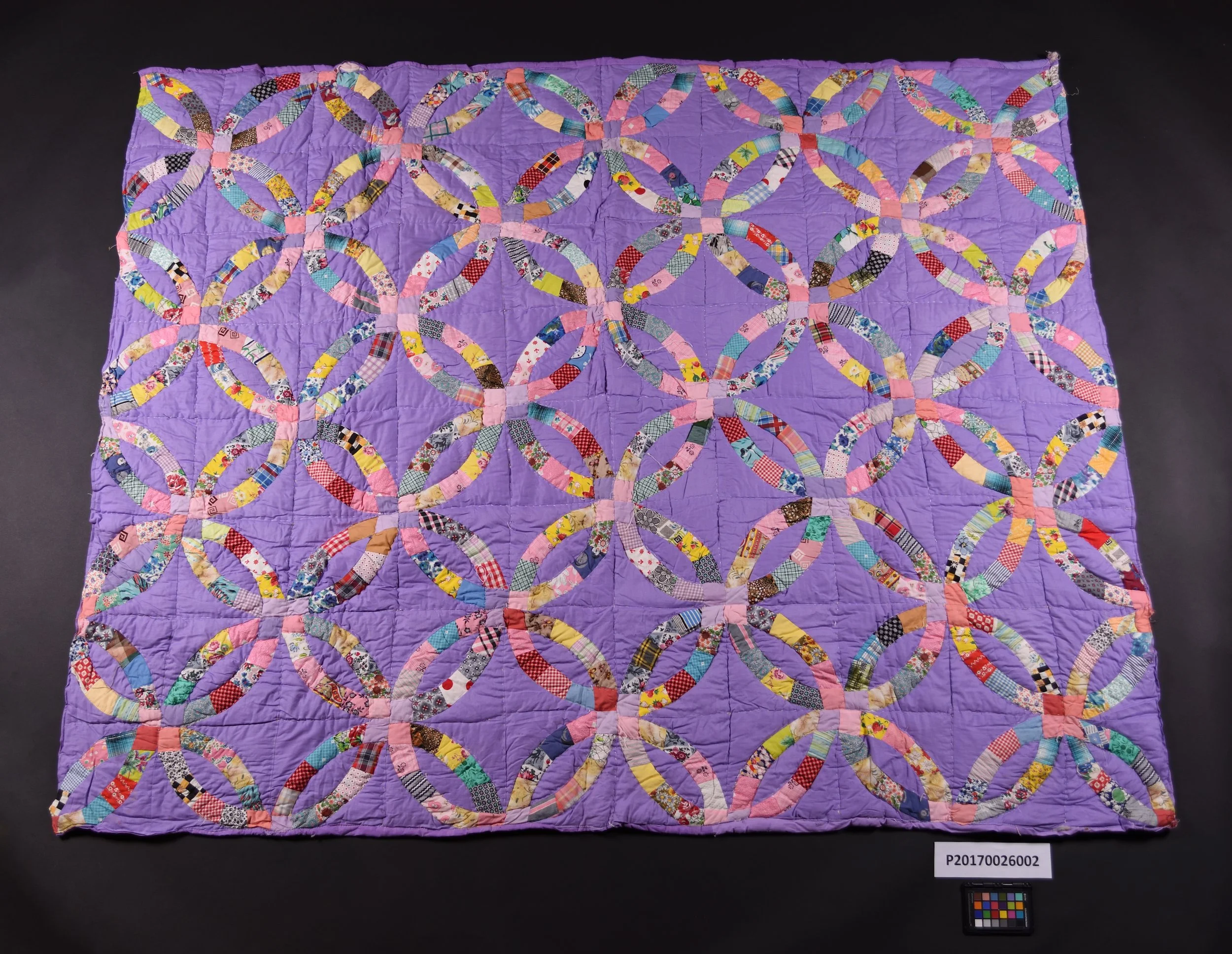Continuing the Lethbridge Brewery Story
Pop bottles with labels intact from Lethbridge Breweries. 1915–1920.
Galt Museum & Archives, 19900020001
Because of pressure from organizations such as the Women’s Christian Temperance Union, Alberta entered Prohibition on July 1, 1916. The Sicks’ brewery survived Prohibition by making Near Beer or Temperance Beer, a beer with only 2% alcohol. The brewery also made soda pop. The first “soda pop” made by Lethbridge Breweries Ltd. was “Okla Applo,” a carbonated apple cider. It was introduced to Lethbridge on a Saturday in June by dropping folders from a plane flying over the city. Attached to certain folders was a card entitling the holder to a free case of 24 pint bottles of the new beverage. Making soda pop helped to advertise the brewery during a time when the government banned the advertising of alcoholic beverages. The brewery produced beverages under the Orange Crush Label, as well as its own Lethbridge Label until 1965, when all interests in soda pop bottling were sold to 7-Up Lethbridge Bottling Limited.
Although Molson’s Breweries Limited bought the brewery in 1958, Molson’s continued to brew Lethbridge Pilsner and Lethbridge Lager Beer. Molson’s national brands were brewed in Lethbridge because they could be easily exported over provincial boundaries and were more familiar to a wider audience than the local Lethbridge Beer brand. In 1989, Molson’s merged with Carling O’Keefe Operations and in 1990, operations ceased at the Lethbridge Brewery. In 1991, 90 years after Fritz Sick began brewing in Lethbridge, the brewery was knocked down.
View of the exterior of the Lethbridge Brewing and Malting Company Limited buildings, before employee housing was constructed nearby. 1912
Galt Museum & Archives, 19901005036
The brewery gardens, located on “brewery hill,” were designed in 1949 with the help of Dr. W. H. Fairfield, superintendent of the local Dominion Experimental Farm. The gardens were planted with the intention of keeping the hill from sliding, but became a tourist attraction, winning numerous awards. Initially the gardens featured a centrepiece “6” in plants and flowers and were maintained by head gardener Tom Jones. The gardens were expanded and improved over the years and in 1958, more spruce trees were planted to form a windbreak. In 1965, a rock garden and waterfall were added. Today, the gardens are managed by the City of Lethbridge.












Dr. Frank Hamilton Mewburn was a wiry and fiery surgeon, politician, army officer, and university professor who greatly contributed to the development of Lethbridge. Mewburn came from a long ling of medical professionals, graduating from McGill University in Montreal in 1881.